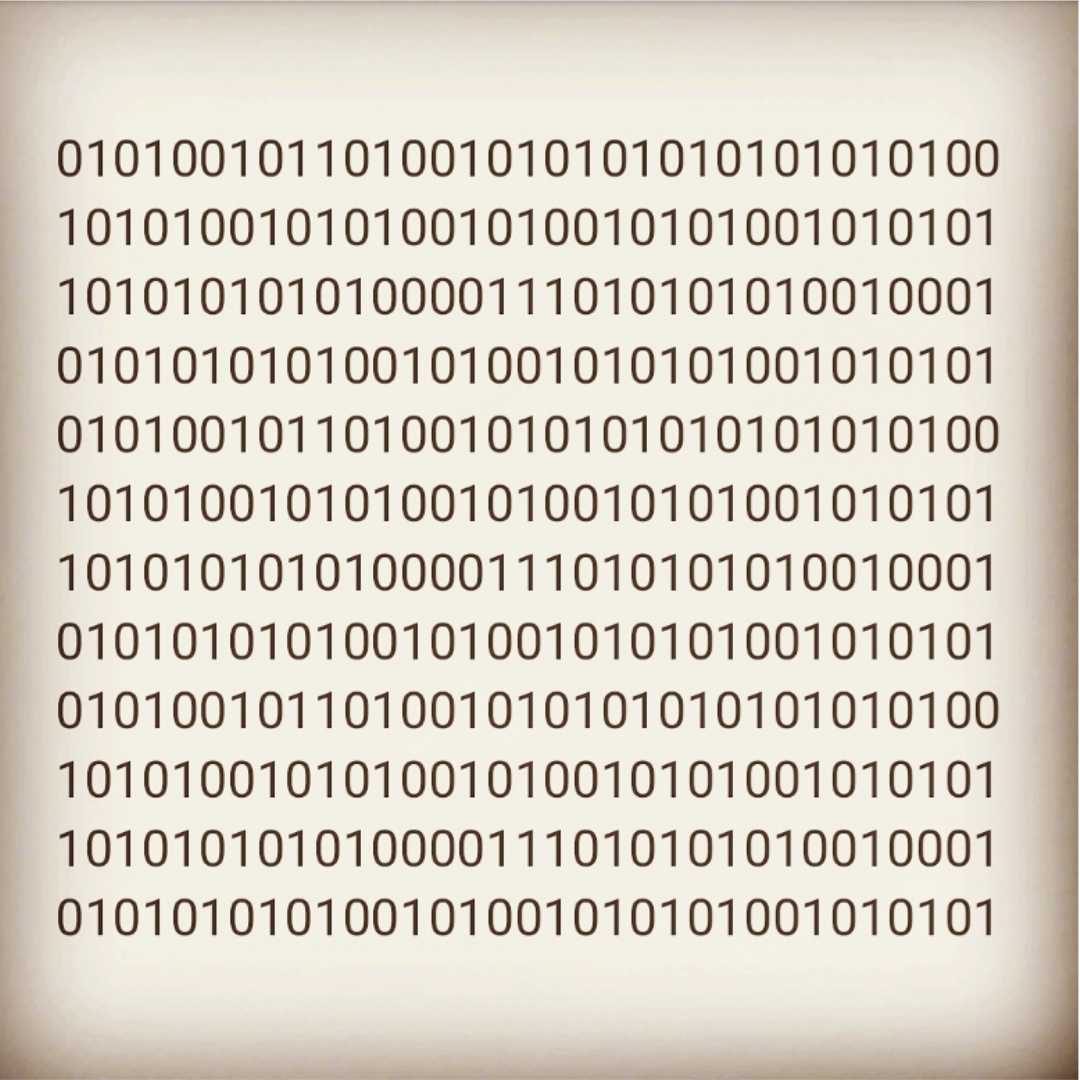In 2013, Grammy nominated producer Ryan Leslie made the headlines for being ordered to pay a public $1.2 million reward after a laptop containing his music collection was lost, but returned without the musical files. This is one glaring example of how poor data security practices can have a devastating effect for creators in the music industry. But there are many other data breach and security issues the music industry has to adapt to, and many solutions are being proposed to reduce the probability of important data breaches that could compromise artists’ intellectual property.
Digital Distribution Platforms Are at Risk
Not all digital distribution platforms are as rigorous when it comes to data security. And smaller, newer platforms are especially at risk, as we learned after music distribution platform Tunecore was hacked.
What’s scarier is that music is not the only information that can be compromised, as personal payment information and other sensitive information about artists is at risk as well. In the Tunecore case, it was revealed that billing addresses, bank routing and bank account numbers, as well as credit card digits were breached too.
That’s why it’s essential for artists to make sure that they check if the service they are intending to use has been hacked before, and if so, what were the actions taken to make sure the situation doesn’t repeat itself?
The Importance of Data Security Compliance
Making sure that the distribution service encrypts user data correctly and that their network is secure should be the very first step before choosing one. While distribution platforms don’t necessarily have to have a security expert on staff full time, they should at least have consulted with experts to make sure that their network security is up to par. Artists also have to make sure that they use best practices on their end to prevent data breaches.
What Music Creators Can Do to Protect Their Locally Stored Data
Music creators need to have a clear data security plan to make sure that there are no important breaches and that music isn’t leaked. That starts with making sure that unfinished tracks are sent through secure networks. And keeping a tight and cohesive team is ultimately the only way to reduce the chances of malicious leaks.
In the case of data loss, making sure that data is backed up regularly is the bare minimum. But even in those cases, hard drives can suffer irreversible damage during or in between sessions. A backup hard drive could also suffer from physical failure.
In those case, only the services of specialized data recovery services might help. Data recovery services like those offered by Secure Data Recovery will be able to completely recover files from damaged or failing hard drives and also make sure that the data remains secure and that the artist’s intellectual property isn’t in jeopardy.
Data security will continue to be a pressing issue for the music industry, and one that could mean millions of dollars in lost record sales if it isn’t addressed. Thankfully, more is being done to tighten up controls and make sure that creators are protected.






